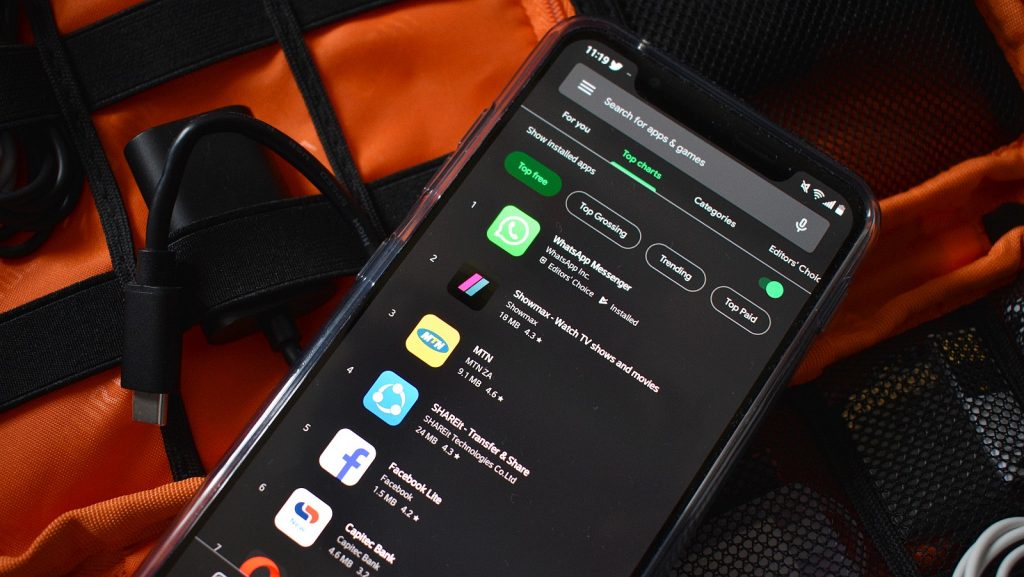Anthropic says its AI will not be used to spy on customers, even in government contracts. Here is what that means for AI governance, enterprise trust and defence partnerships.
The top 1% of app publishers owned Google and Apple’s stores in 2019

The top 1% of all app publishers on Google and Apple’s app stores account for 80% of all downloads and 93% of revenue, data from Sensor Tower suggests.
The analytics company, which analysed estimated app downloads in Q3 2019 from the Play Store and App Store, noted that nearly 30-billion downloads were recorded within this period from 792 000 publishers.
While the number of apps available increased by 65% over 2018, the percentage of apps downloaded more than 1000 times decreased.
“The top 7920, or 1%, of those publishers generated 23.6-billion unique installs, or 80% of both stores’ combined total of 29.6 billion downloads,” explained Katie Williams, Sensor Tower’s mobile insights strategist.
“That means the remaining six-billion downloads were shared among the remaining 784 080 publishers — averaging out to approximately 7650 downloads per publisher in this bottom 99%,” added Williams.
This means the bottom 99% of publishers were forced to share around 18 000 downloads each if split evenly.
In terms of revenue, 99% of these publishers took home just $1.5-billion between them. The top 1% raked in around $20.5-billion.
Other data from the firm suggests that Tinder, YouTube and Chinese online video platform iQIYI, dominated Q3 2019’s revenue listings for subscription apps across iOS. Google One and Pandora joined Tinder as the highest grossing subscription apps on the Play Store.
It’s a remarkable statistic, and suggests just how difficult it is to create a breakthrough app. It also means that users are generally favouring apps from the larger publishers, while shirking smaller outfits.
What about games?
The gaming market’s disparity is even wider.
Sensor Tower noted that the top 1% of game publishers claimed 82% of all downloads in Q3 2019, generating $16.3-billion in revenue.
Companies like Tencent, NetEase and Bandai Namco dominated the top 1%.
The remaining 99% — 106 920 publishers — had to share $800-million in revenue and the remainder of the downloads between them.
Feature image: the Google Play Store, by Andy Walker/Memeburn


